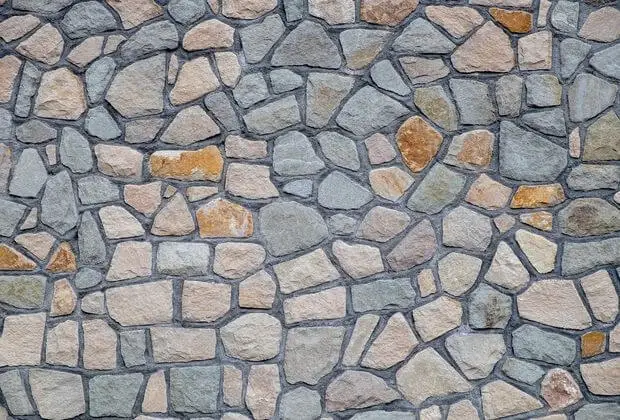Properties of stone
- Crushing Strength:
Crushing strength of stone should be greater than 100N/mm2.
- Appearance:
Stones used for face work must be decent in appearance and must be capable of preserving their color uniformly for long duration.
- Durability:
A good building stone should be durable. The various factors contributing to durability of a stone are its chemical composition, texture, resistance to atmospheric and other influences, location in structure etc.
- Facility of dressing:
The stones should be such that they can be easily carved, moulded, cut and dressed.
- Fracture:
Fracture should be sharp, even, bright and clear with grains well cemented (means bonded) together.
- Hardness:
The co-efficient of hardness, as worked out in hardness test, should be greater than 17 for a stone to be use in road work. If it is in between 14 and 17, the stone is said to be medium hardness. If it is less than 14, stone is said to be poor hardness and such stones are not fit for road work.
- Percentage wear:
If wear is more than 3%, the stone is not satisfactory. If it is equal to 3%, stone is just tolerable. For a good building stone, the wear should be equal to or less than3%.
- Resistance to fire:
The minerals composing stone should be such that shape of stone is preserved when fire occurs. The failure of stone in case of fire may be due rapid rise in temperature, sudden cooling and different coefficients of linear expansions of minerals.
- Seasoning:
The stones should be well seasoned before putting into use. Stones should be dried or seasoned before they are used in structural work. A period about 6 to 12 months is considered to be sufficient for proper seasoning.
- Specific gravity:
Specific gravity should be greater than 2.7 or so. The heavy stones are more compact and less porous and they can be used for various engineering applications like dams, harbors etc.
- Texture:
A good building stone should have compact fine crystalline structure free from cavities, cracks or patches of soft or loose material.
Also read : What is gabion?| Types | Advantages | Applications | Disadvantages
- Toughness index:
In impact test, if the value of toughness index comes below 13, stone is not tough. If it comes between 13 and 19, stone is said to be moderately tough. If it exceeds19, the toughness of stone is said to be high.
- Water absorption:
All the stones are more or less porous, but for a good building stone, percentage absorption by weigh after 24hrs should not exceed 0.6. The porous stones seriously affect the durability of stones
- Weathering:
A good building stone should possess better weathering qualities. It should be capable of withstanding adverse effects of various atmospheric and external agencies such as rain, frost, wind etc.
Also Read : Interview Questions for Civil engineer on Brickwork

